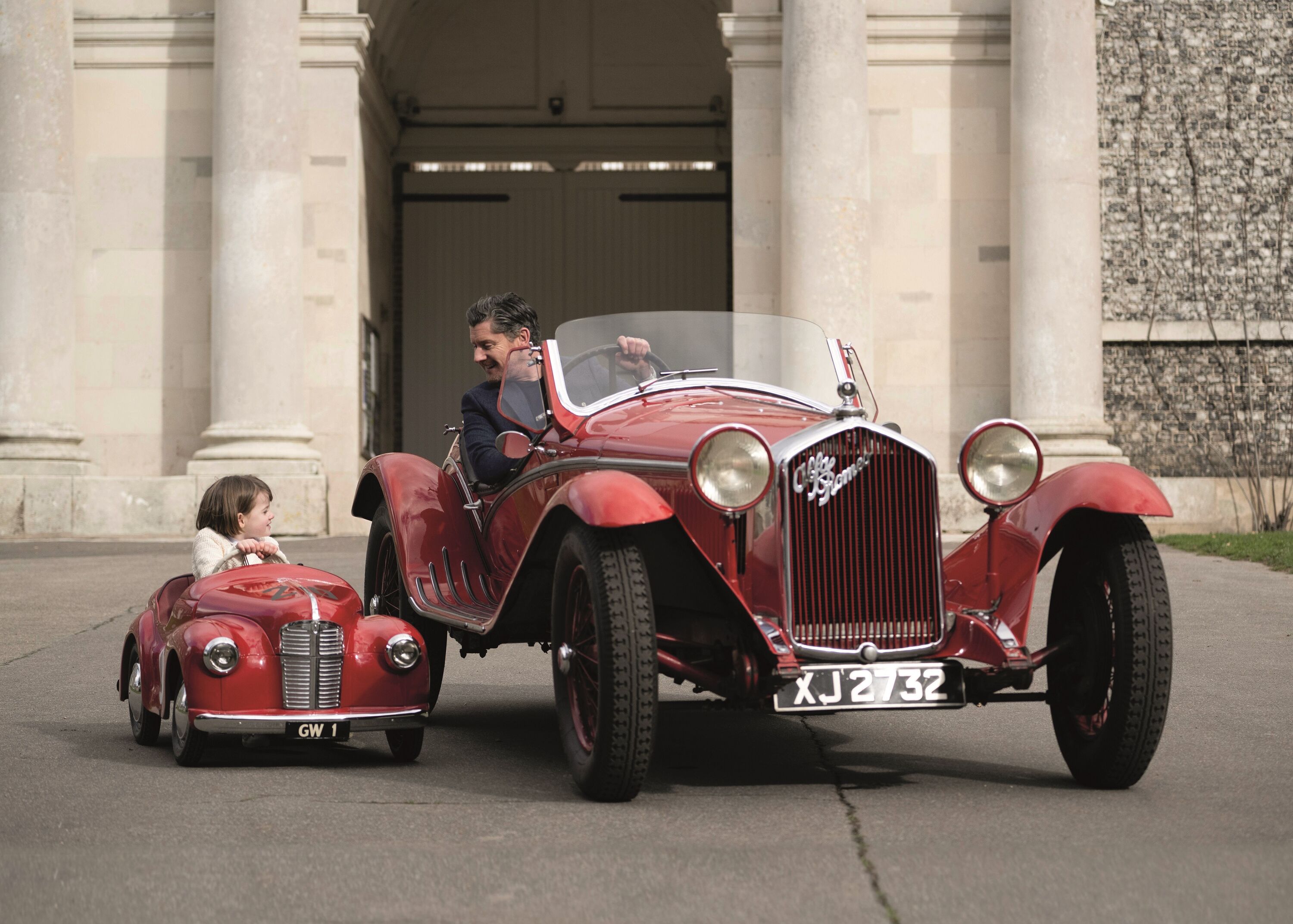2019 BMW 3 Series – everything you need to know
Larger, lighter and cleverer with its own “Hey BMW” digital assistant on board, this is the new seventh-generation BMW 3-series to take on the mantle of what has, for 43 years, been a pacesetter among compact sporting sedans.

Unveiled at the Mondial de l’Automobile in Paris today (October 2nd) and in showrooms from March 2019, the new model stays firmly in the 3 Series mould. There may be no revolutionary change but every area has been finessed and updated, and the car boasts a taut new look readily identifiable by its new-shape grille and new T-shaped air inlets front and rear.
The new range is starting off small, with the big Paris reveal centring on the saloon in mostly diesel-powered form, but is sure to blossom quickly into the full panoply of 3 and 4 Series models.
A highlight next summer will be the arrival of the first M Performance version, the all-wheel drive M340i xDrive, with a new straight-six petrol engine providing 374PS (369bhp) for 0-62mph in 4.4 seconds. It is a car that will “both impress and challenge the driver” says BMW.
You will also have to wait until next summer if you want the 3 Series plug-in hybrid. The new 330e gets BMW’s latest eDrive technology to deliver an electric-only range of 37 miles, up by a third over its predecessor. It is also more powerful and more economical than before. The electric drive is incorporated into the eight-speed Steptronic transmission and, with a new XtraBoost function engaged, accelerates from 0-62mph in 6.0 seconds.
The 340i and 330e will join a 3 Series advance guard unveiled in Paris, models which the company says form the “heartbeat” of the BMW brand. There are five engines for now, all more powerful and more efficient than the outgoing equivalents: two four-pot turbo petrols (184 and 258PS), two four-pot diesels (150 and 190PS) and one six-cylinder diesel with 265PS (261bhp) for the 330d.
It’s this torque-rich 3.0-litre diesel that is fastest of the launch models (0-62 in 5.5 seconds). It’s also impressively economical with 54-58mpg possible, if not a match for the four-cylinder diesels which on official figures can return up to 68.9mpg in the 318d when fitted with the auto ‘box (the 318d and 320d entry-level cars are the only models that come as standard with a manual gearbox).
Clearly BMW has not given up on diesel yet; all these latest-generation oil-burners meet 2020’s Euro 6d emissions standard and are equipped with a particulate filter, an oxidation catalyst and a NOx storage catalyst.
The engines power a car that is larger (76mm or 3in longer) than the old 3 Series but up to 55kg lighter. It is also bodily stiffer (up to 50 per cent more torsionally rigid) and more aerodynamic (Cd is an impressive 0.23). The centre of gravity is lower than before, the tracks are wider and with a 50:50 weight distribution and upgraded suspension and new system of dampers BMW says the car benefits from significantly enhanced sporting prowess. All the normal M Sport extras are available for it as well. All-wheel-drive is available but to start with only in the 320d.
The new dampers are interesting. They are what BMW calls “lift-related” and offer continuously variable control, adjusting firmness progressively according to changing spring travel and evening out vibrations. Standard on all versions, BMW says the new dampers make a major contribution to the balance between sportiness and comfort “unmatched by any rival”.
Most of the extra length is in a new longer wheelbase for more room inside, specifically enhanced front shoulder and elbow room and rear legroom. The driver’s rear visibility has been improved and access to the back seats is said to be easier than before. The boot is 480 litres and as before has a standard 40:20:40 split function.
There’s been a complete makeover inside with not just new seats for added comfort but what BMW says is a more premium ambience throughout. Dashboard screens are bigger and steering wheel and controls have been regrouped and redesigned, plus the handbrake is now electrically operated. There’s ambient LED lighting and an optional “welcome light carpet” underneath the car to see what you are stepping into. You can access the car and drive off using just your smartphone.
The 3-series has had an equally complete update in the driver aids, comfort gadgets and connectivity areas. Plus, integrated into the car is a digital personal assistant to respond to natural-language voice commands. This “Hey BMW” system follows on from the “Hey Mercedes” set-up in the the new A-class but unlike the Merc, 3 Series owners can personalise it with a name of their own choice.
Hi-tech headlights are a selling point these days and the new 3 Series gets them in the form of distinctively designed new full-LED lights and darkened LED rear lights as standard on all models. Adaptive headlights with BMW Laserlight are optional. There are four trim levels: Advantage, Sport Line, Luxury Line and M Sport.
The list of driver assistance systems available for the car has been extensively upgraded, paving the way towards automated driving, and now includes a hi-tech backstop to deal with potential collisions with cars, pedestrians or cyclists, lane departure, parking, manoeuvring in narrow spots and even going the wrong way up a one-way street.
So is it seventh heaven for BMW’s sporty compact? After six generations and more than 15 million Threes since 1975, all the vital signs look good but, as ever with this model, the true verdict will only be made from behind its wheel.
BMW
3-series
Paris Motor Show
Paris Motor Show 2018



















